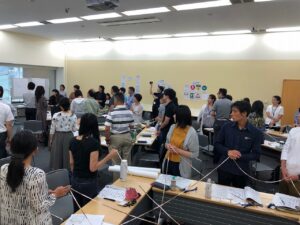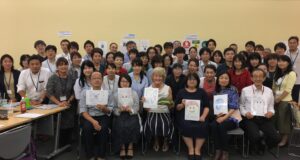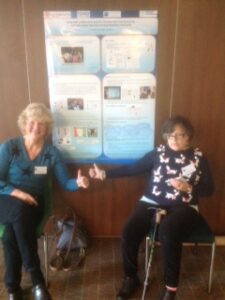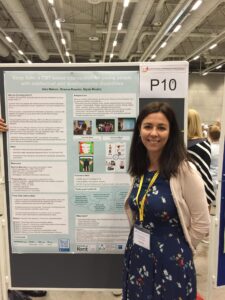News
Keep Safe Website News (update November 2021)
Keep Safe is a manualised intervention for young people, 12 years and over, with learning disabilities who display harmful sexual behaviours.
The Keep Safe development and its feasibility trial (2014-2016) was led by a collaborative of practitioners and researchers and an Advisory Group of people from the learning disabilities community. It was hosted by the Tizard Centre with support of a social justice grant from the Paul Hamlyn Foundation based on a bid developed by SOTSEC-ID (young Sex Offender Treatment Services Collaborative-Intellectual Disabilities) which started meeting in 2012 to develop an earlier intervention. The majority of men attending adult SOTSEC-ID groups had started displaying harmful/illegal sexual behaviours in their teens.
Keep Safe recognises the developmental needs and stages of adolescents and their families and carers, is strengths-based, contextual and systemic. There is more information on Keep Safe development in Malovic, Rossiter & Murphy, 2018 and in the Keep Safe intro powerpoint.
The first Keep Safe public training and manual launch were co-ordinated in Bristol in 2017 by the Be Safe Service who had played a massive role in the Keep Safe development and feasibility trial and secured additional funding from Avon & Somerset Police Commissioner, Avon and Wiltshire Mental Health Partnership Trust and Safer Bristol Partnership.
Since our first Keep Safe training, we have held 12 more – 4 in London, 4 in Avon and Wiltshire, 1 each in Glasgow, the Tizard Centre University of Kent and Tokyo, Japan and 3 online trainings (1 commissioned by Gwent, S. Wales) from late 2020 due to the coronavirus pandemic, which led to postponement of 3 training events, including a ‘Train the Trainers’.
Over 250 practitioners have now been trained, from children and young people’s services including CAMHS/CAMHS-LD, education, police, probation, social care, Youth Justice Services/Teams, as well as voluntary and community sector and private providers from across the UK and internationally (Iceland and Japan).

Keep Safe Advisory Group of people from the learning disabilities community

Some of the Keep Safe training team

Delegates and co-facilitators at London Keep Safe Training Oct 2018

Keep Safe training group activity, Glasgow. NOTA Scotland

Keep Safe training group activity, Japan 2019

Celebrating completion of Keep Safe training, Japan


